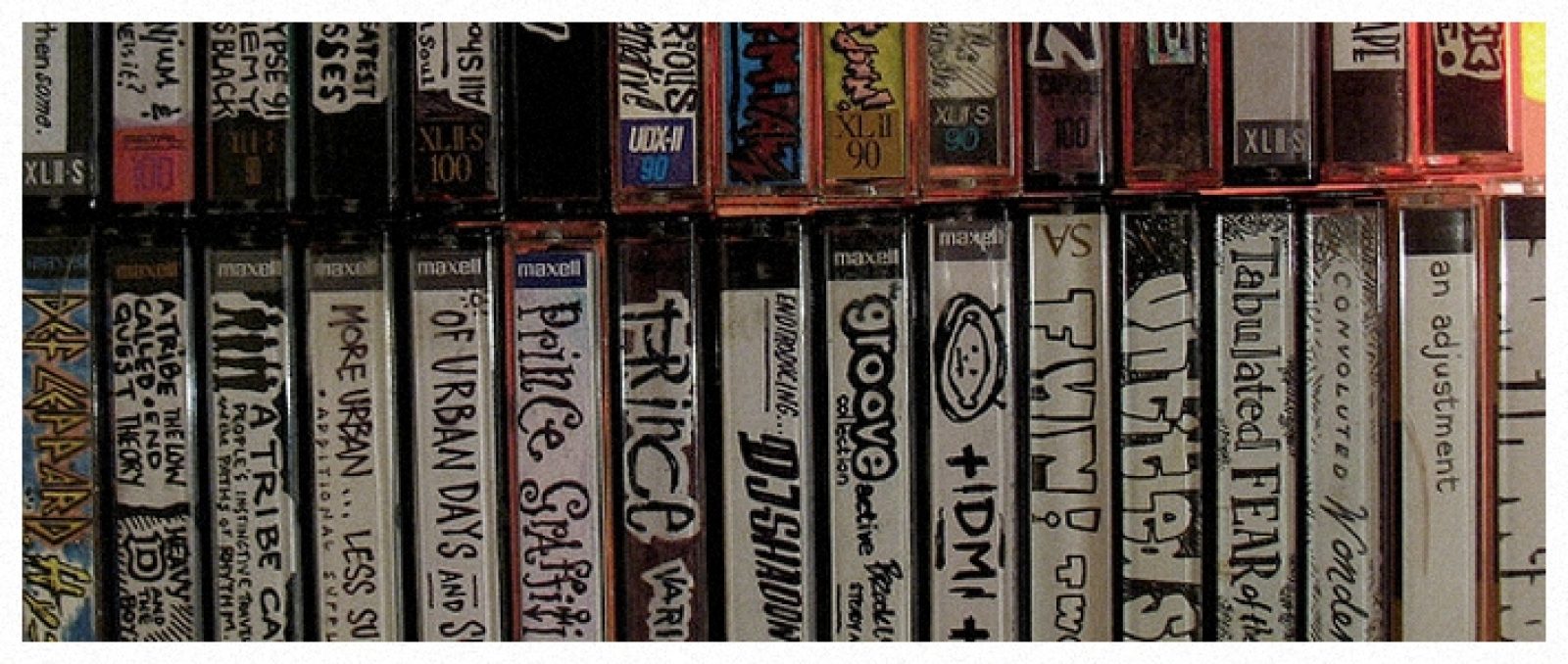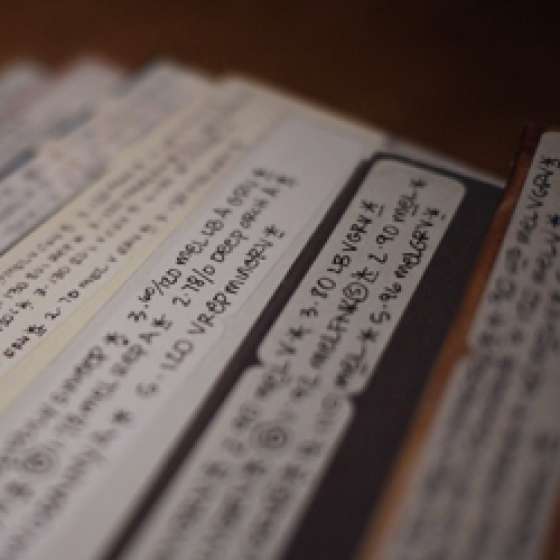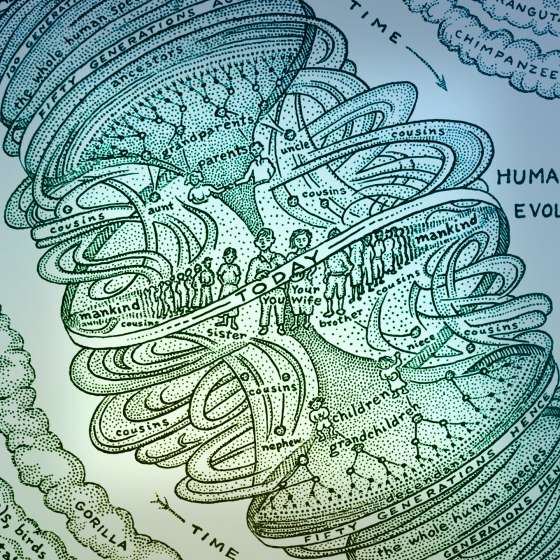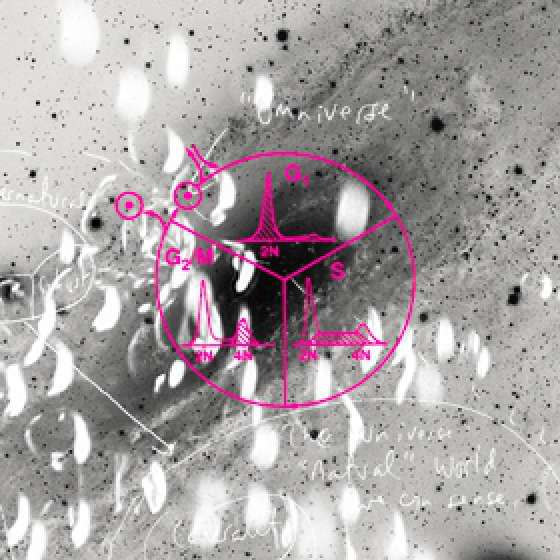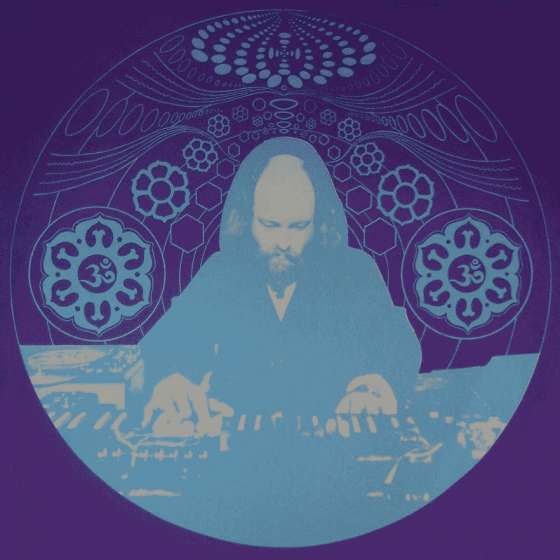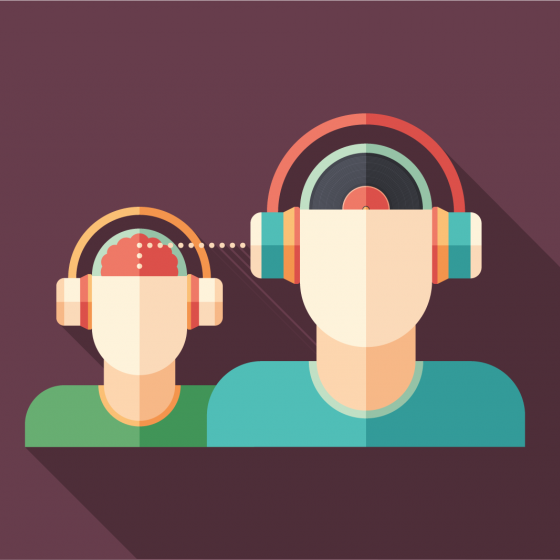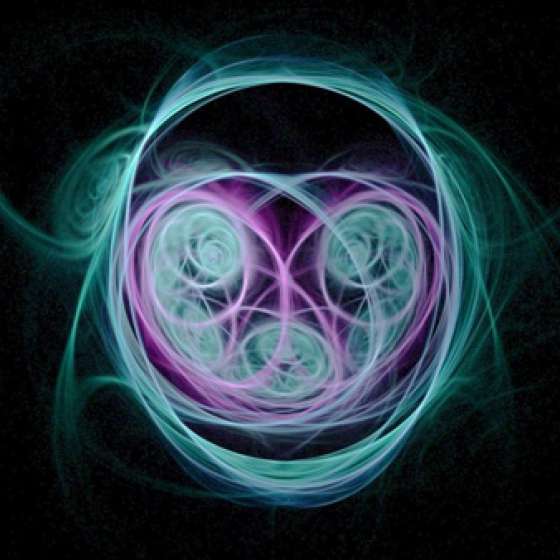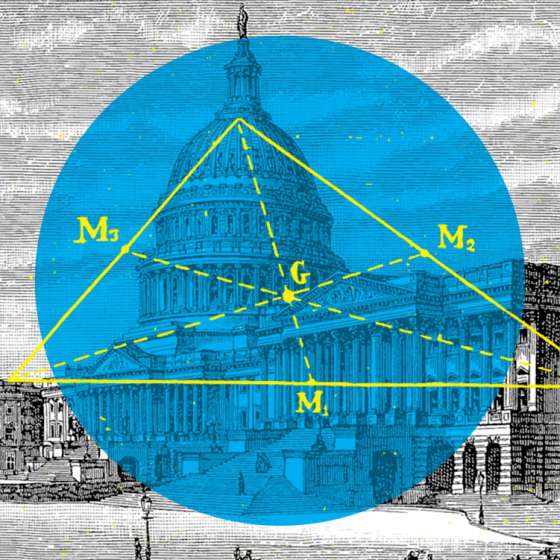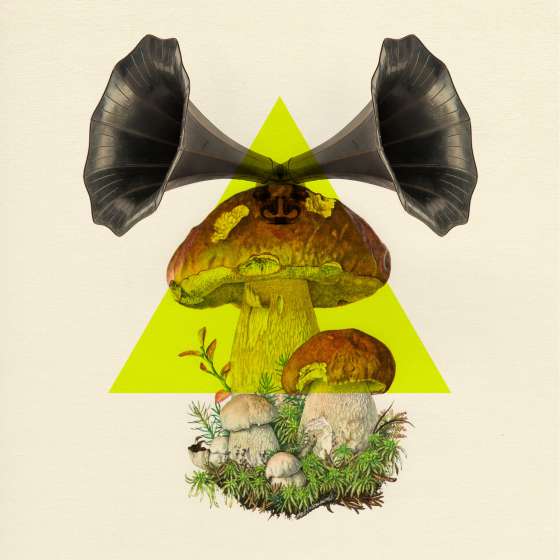The Art of Discovery
The real voyage of discovery consists not in seeking new lands, but in seeing with new eyes.
- Marcel Proust
As the quotation above suggests, the allure of true discovery is the potential of being awakened to new experiences. During the “Age of Discovery”, ships didn’t sail to new worlds simply to see them - they went to expand their influence and understanding of the world. If we deconstruct discovery as an intention, rather than an outcome, there’s an interesting contradiction to the experience - to discover something means there wasn’t a complete awareness of its existence before it was found.
I’m interested in the question of how technology can be used to enhance or facilitate discovery. The term discovery has long been a buzzword that remains largely unfulfilled. In most cases the term is used to describe a filtered search, a recommendation system, or a non-linear data structure such as a word cloud or semantic graph. More on those ideas later.
Discovery as an interaction model is analogous to a slight-of-hand trick. You need both the illusion of magic and a willing participant. If the trick is too easy, there is no illusion and the user loses faith. But if trick is complex and impressive, the participant is willing to suspend belief and open themselves to a new reality.
Nearly everyone has experienced magic moments while simply searching the web. It’s possible you’re reading this because of a happy accident. Accidentally reaching an unexpected and fulfilling outcome can be a true discovery experience. But this is discovery by chance and curiosity, rather than discovery as a facilitated experience. While curiosity is a key ingredient in unlocking discovery, my interest here is in how the experience can be intentionally induced.
Trust is important ingredient of discovery; without trust there’s little chance that the destination will be recognized as anything meaningful. The relationship between the guide and the participant is a delicate game of building trust, while at the same time the guide pushes deeper into the unknown. The early explorers of the New World often failed because of mutiny - the loss of faith in the journey.
The role of guides, or “experts”, have long been used to direct us toward what we want and need. Prior to the internet, most people heavily leveraged the knowledge of the expert. The doctor would diagnose your ailment. Your grandmother would instruct you on how to bake the best cake. The travel agent would negotiate and book your vacation. We relied on a network of specialists to guide us through an increasingly complex world. While all these resources are still available, there has been a tremendous shift towards online self service and crowd-sourced knowledge.
The commoditization of expertise in the digital world is one of the key drivers of innovation. The ability to replace an expensive knowledge service with a seemingly free one of equal or greater value seems like a win-win. And in many ways it is. Crowd-sourced expertise is one of the great democratic benefits of the internet. But with algorithms and queries replacing the role of the expert, our knowledge is converging and contrary and nuanced points of view are diminishing.
A machine learning algorithm that generates recommendations from the observation of users’ decision patterns is often called a recommender system, and most popular online shopping services leverage these systems. Without getting too deep, it’s fair to say that these system are effective in surfacing relevancy and driving sales.
A pet peeves of mine is when services promote a discovery tool that’s really just a recommender system in disguise. Returning to our original definition of true discovery, I’d like to argue that the goal of discovery is to introduce the user to something truly new or unexpected, and do so in a way that opens their minds to the experience. The problem with the recommender system approach is that you easily create a feedback loop problem - reinforcing behaviors because most users are making decisions based on recommendations. This isn’t a new problem - business marketers have long taken advantage of the “blockbuster effect”, where consumers flock to “popular” products.
Many companies are pushing personalization to address recommendation and push service offerings. Complex algorithms and machine learning are leading to better predictions what users want. Google Now is beginning to form a more personal and anticipatory relationship with the user. Startups like Noowit are trying to employ novel filtering and learning models to predict what you might like. But these efforts have to walk a fine line in order to stay on good graces with their users. Also personalization is more likely to reinforce what’s known, rather than attempt to introduce something new.
While it’s clear intelligent systems will play a major role in how we experience our world in the future, I’m left with a longing for the trusted expert, the older brother, or the wise sage, who can introduce me to something new in a way that potentially changes my mind about what I believe.
Affinity Networks are an attempt to leverage “thought leaders” around a specific topic domain (e.g., science). This approach to curated content from domain experts is interesting because it puts expertise ahead of trends and memes. It opens the user to ideas and experiences that may have been unexpected.
The word “curator” is derived from the latin word curare meaning “take care” - a sentiment I feel is missing in the race towards delivering personalized experiences. An early curation experience of mine was in creating music mixtapes. Whether quickly scribbled or carefully illustrated, the cassette J-card was a canvas waiting to be adorned in multiple dimensions. The effort to record a full 90 minutes of carefully curated and sequenced music, broken into two parts, is clearly an act of love. Then the additional 90 minutes of real-time duplication embodied a certain amount of blood, sweat and tears into each copy. Even if the J-card was photocopied, there was probably a trip to the local copy shop.
The result of receiving a mixtape was often one of appreciation, and even if the friend did not share your taste in music, the tape would usually get at least one thoughtful listen. The pure act of giving such a labor intensive gift indicated that the author thought the recipient would appreciate something on the tape - otherwise it would be a waste of time for both parties. This would often open a genuine opportunity for true discovery.
My hope is that we find a way to bring some of the magic found in the sharing of mixtapes back to technology based discovery. As we delve deeper into algorithmically derived recommendations and intelligent personal assistants, it’s easy to forget how we once relied on each other to explore alternative points of view and introductions to new ideas. We’re becoming a homogeneous world with a unified perspective that generated by an enormous technology-fueled feedback loop.
Posted
Feb 1, 2014



